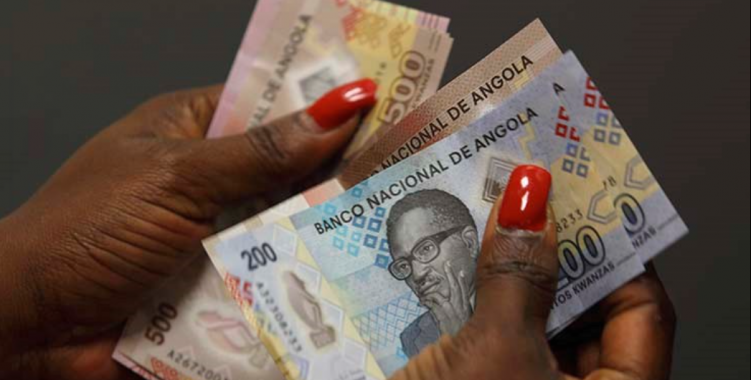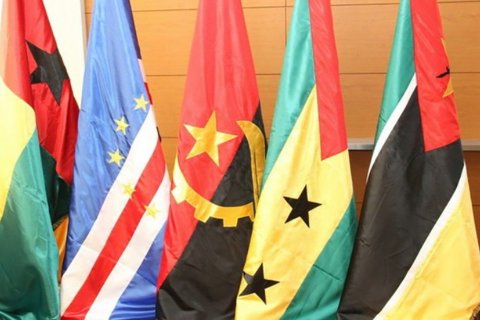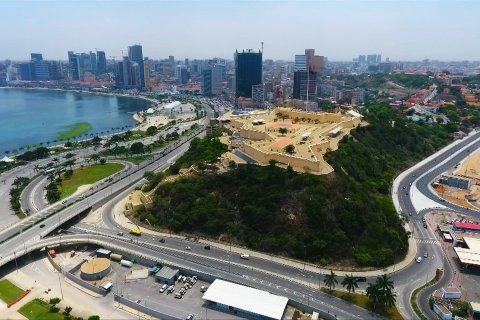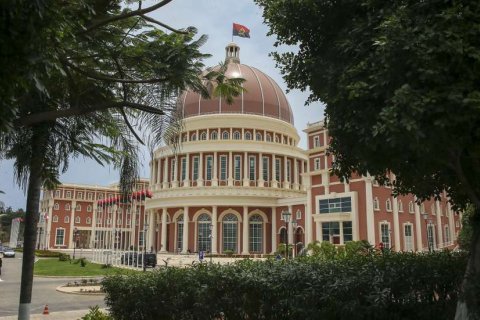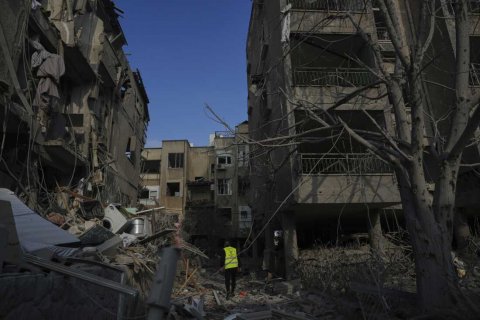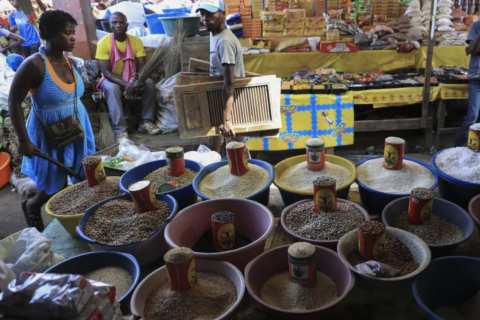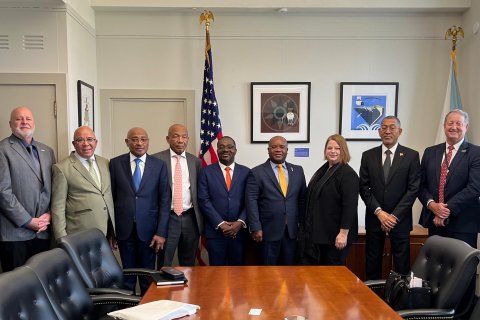According to the businessman, the lack of currency in the Angolan market directly influences the prices charged, because a large part of the raw materials and final products depend on imports.
"But the big fundamental issue isn't even the lack of foreign exchange. The big question is where the foreign exchange that the country collects is being channeled to. This is the big problem", stated Rui Santos in statements to Lusa, highlighting that "are being channeled to pay debts created under Government-to-Government lines of credit".
The businessman also pointed to the agreement that Angola has with the International Monetary Fund (IMF) as another factor in the scarcity of foreign exchange, because "the kwanzas necessary for the countervalue of the foreign exchange to be paid creates gigantic pressure on the Single Treasury Account (CUT)".
Rui Santos, also an accounting expert, also said that such pressure on the CUT, to obtain the kwanzas, puts greater pressure on residents with regard to "tax collection".
He considered, on the other hand, that, even with the pressure on taxpayers, the kwanzas are not enough, so "Angola is forced to issue a Treasury Bond with very high interest rates to compensate for the lack of kwanzas".
These securities, in turn, create an appetite for banks to "stop lending" currency to companies and, avoiding risk, invest in securities.
"And this creates yet another perverse phenomenon, which is the fact that banks, as a result of these interests, have become, in practice, the biggest taxpayers of Industrial Tax at the end of each year", concluded the businessman, also a member of the Group Business Technician, social partner of the Angolan Government.
The National Bank of Angola (BNA) recently placed 300 million dollars from the National Treasury on the market to try to overcome the lack of foreign currency, despite availability having increased in January, from 600 million dollars (558 million euros) to 836 million of dollars (778 million euros).
The BNA governor recently admitted that there is less currency available, due to the reduction in export revenues, but said that banks have been buying, so there is no justification for them not making foreign currency available to their customers.

